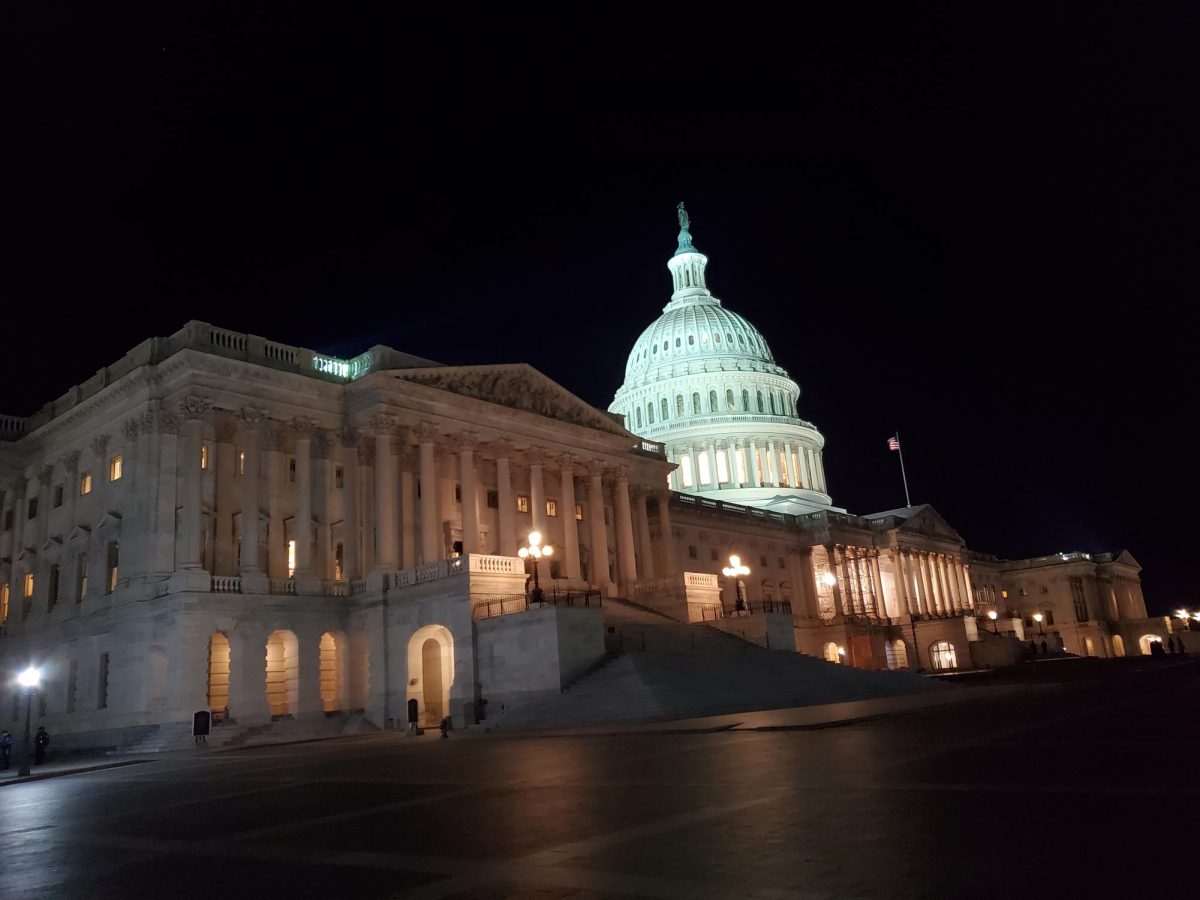The Obama administration has promoted the use of drones and condemned the use of interrogation and detention facilities as tools of counter-terrorism. The recent use of drones to kill U.S. citizens and the collateral damage caused by precision drone strikes are growing concerns in Washington D.C.
On Thursday, Feb. 7, protesters from the peace group Code Pink were escorted out of the Senate Intelligence Committee for preventing President Obama’s nominee for head of the Central Intelligence Agency, John O. Brennan, from speaking.
On Jan. 7, following the aftermath of an extramarital affair involving former head of CIA General David Petraeus, Obama nominated Brennan to be head of the CIA.
Brennan’s official title is Deputy National Security Advisor for Homeland Security and Counterterrorism. He is the chief counterterrorism advisor to Obama. Brennan is a 25-year veteran of the CIA and has worked overseas, as well as in the private security sector. Brennan is also the first administration member to publicly acknowledge the use of CIA drones in targeted killings.
Protestors at the hearing voiced their opinions on a growing national issue concerning civilian deaths caused by drone strikes around the world. Chairwoman Sen. Dianne Feinstein, D-Cal., had to pause the hearing and prohibit Code Pink protesters from coming back into the hearing room.
Brennan is a firm supporter of the Obama administration’s policy on drone use. Brennan defended the legality of the drone program by saying that Obama “insisted that any actions we take will be legally grounded, will be thoroughly anchored in intelligence, will have the appropriate review process, approval process before any action is contemplated, including those actions that might involve the use of lethal force.”
A growing concern among lawmakers in Washington D.C is the legality of the CIA’s drone program, which until this year has been fairly clandestine. In a September 2011 drone strike, two U.S. citizens were killed without being formally indicted for crimes against the United States. The two U.S. citizens were alleged al-Qaida operatives Anwar al-Awlaki and Samir Khan.
A leaked 16-page memo from the U.S Justice Department supporting the legal use of drone strikes against U.S. citizens was a key focal point in the hearing on Feb. 7.
There have been supposedly 300 drone strikes and 3,000 deaths since the start of the U.S. drone program, although this information may or may not be entirely accurate due to the secretive nature of the program.
When asked on the rules of government concerning targeted killings by drones, Brennan responded, “We only take such actions as a last resort to save lives when there is no other alternative to taking an action that’s going to mitigate that threat.”
When pushed further on the use of drones to kill U.S. citizens, Brennan responded, “The president has insisted that any actions we take will be legally grounded.”
Some republican opposition to drone targeted killings at the Senate hearing pertained to the limited interrogation and detention policies of the Obama administration.
When asked on which was more effective: targeted killings or traditional interrogation techniques, Brennan responded, “We want to detain as many terrorists as possible so we can elicit the intelligence from them in the appropriate manner so that we can disrupt follow-on terrorist attacks.”
Brennan took a firm stance on the use of drone strikes in non-“hot” military zones responding, “Finally, on your question about whether I would support legislation to authorize the use of force outside of “hot” battlefields, I believe we currently have the authority to take action in such circumstances against al-Qaida and associated forces.”
Opponents of drone use claim high casualty rates caused by inaccurate bombings and its breeding resentment among terrorist organizations as reasons to find better alternatives.
Brennan claims, “We have to be very mindful” when it comes to the use of drone attacks in localized areas.






